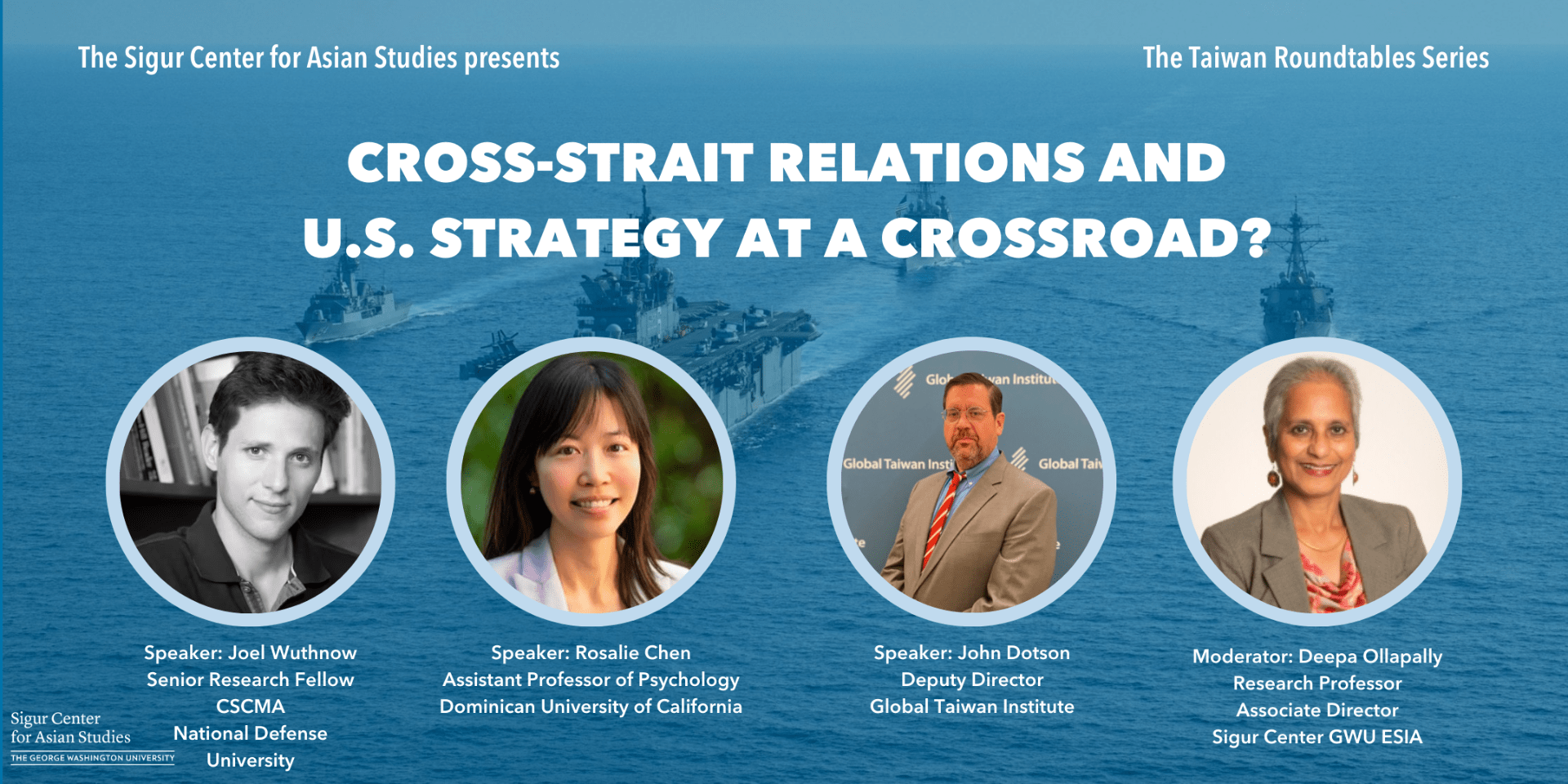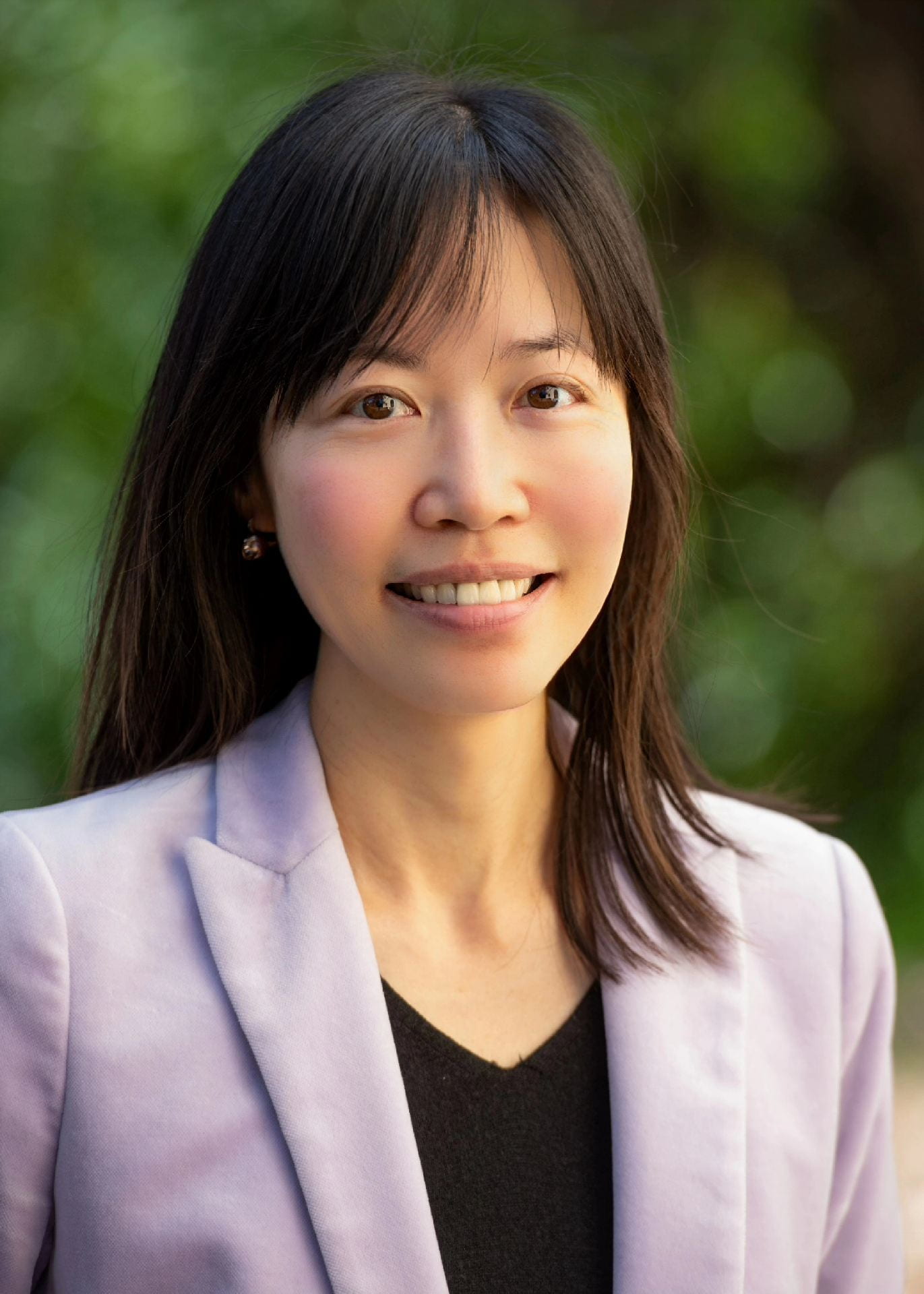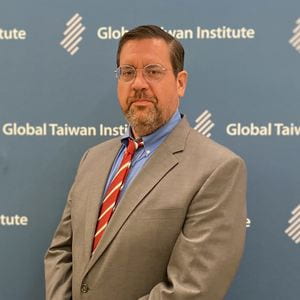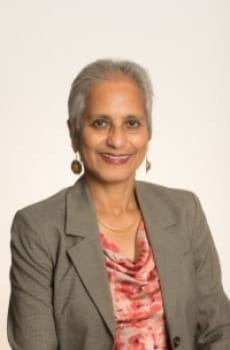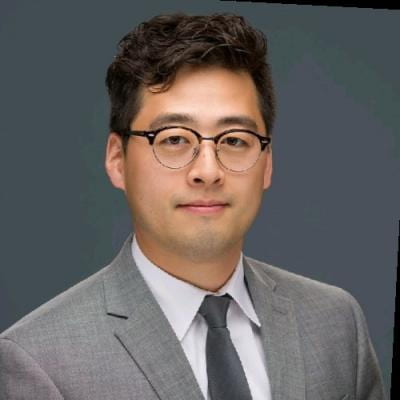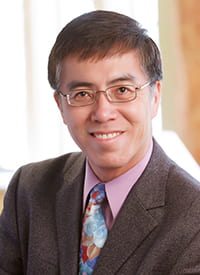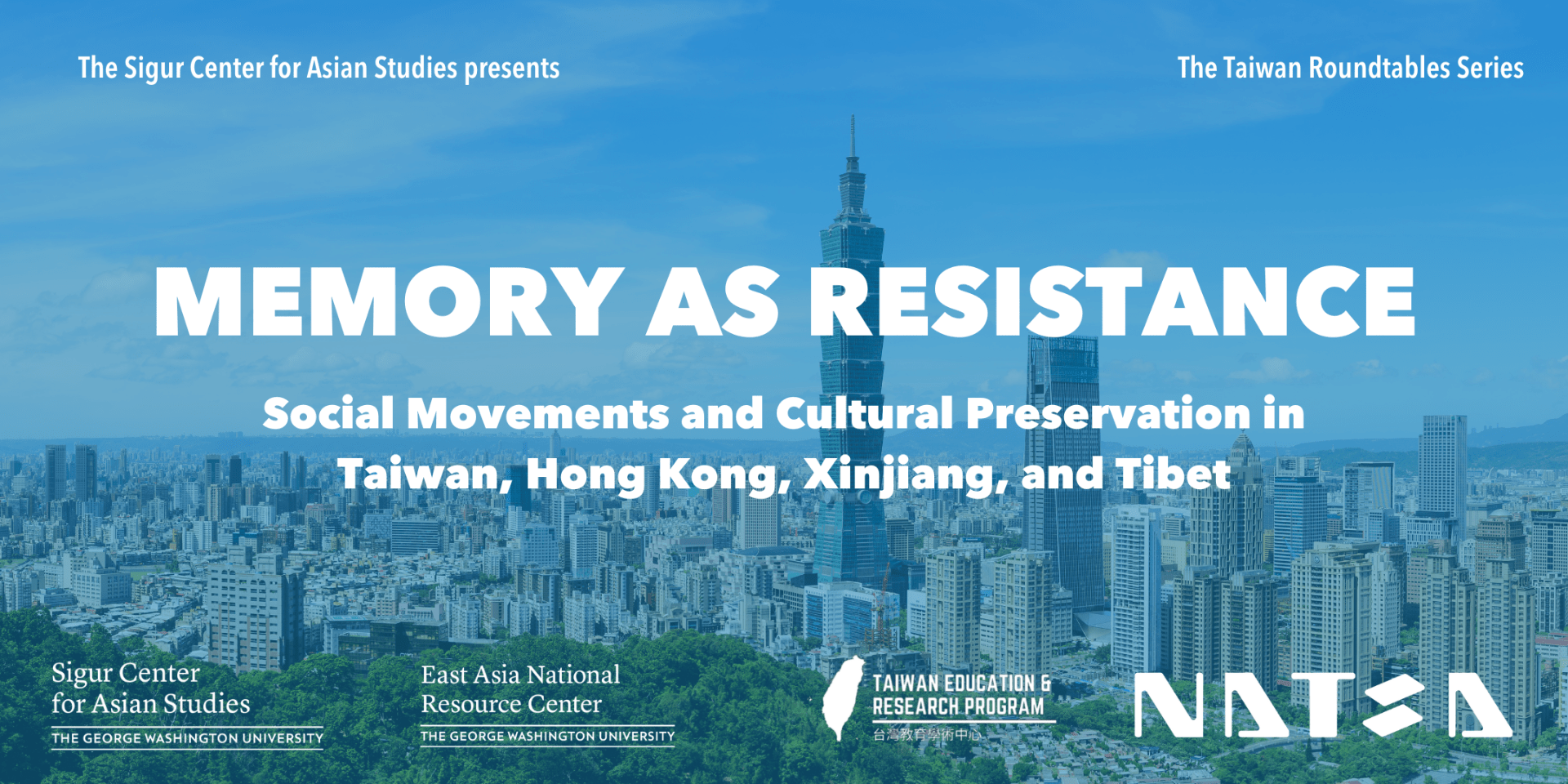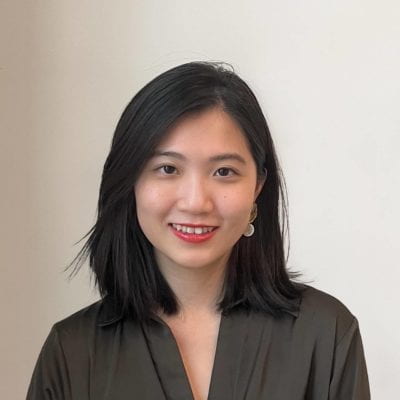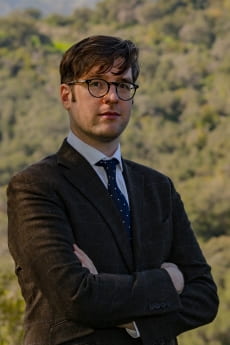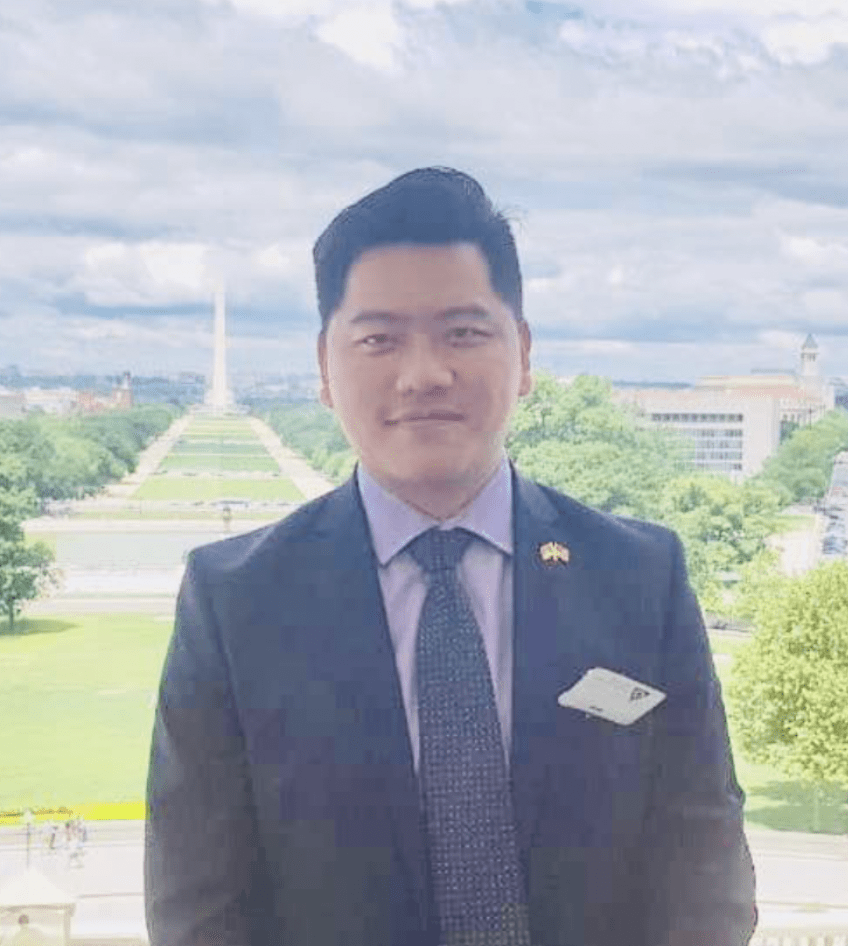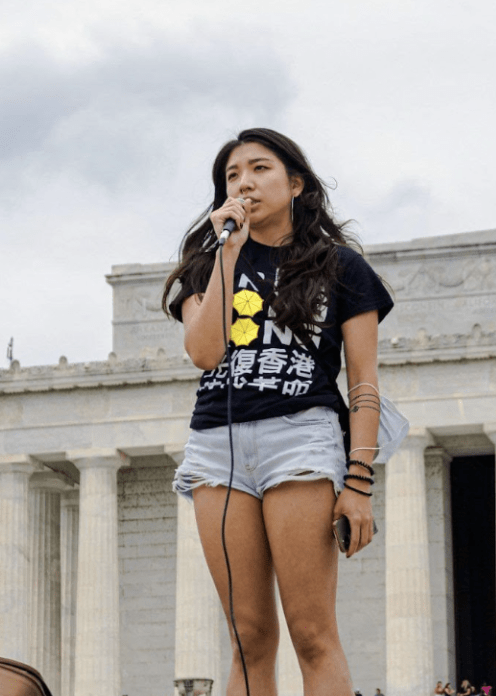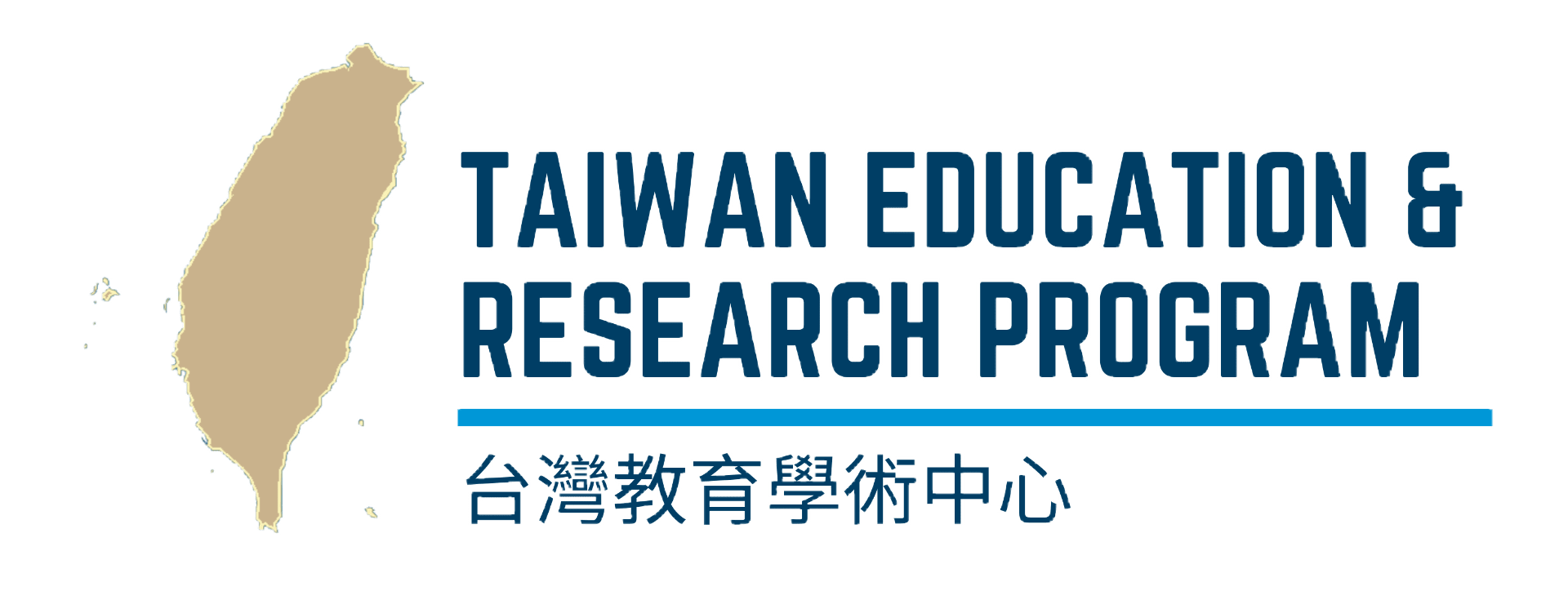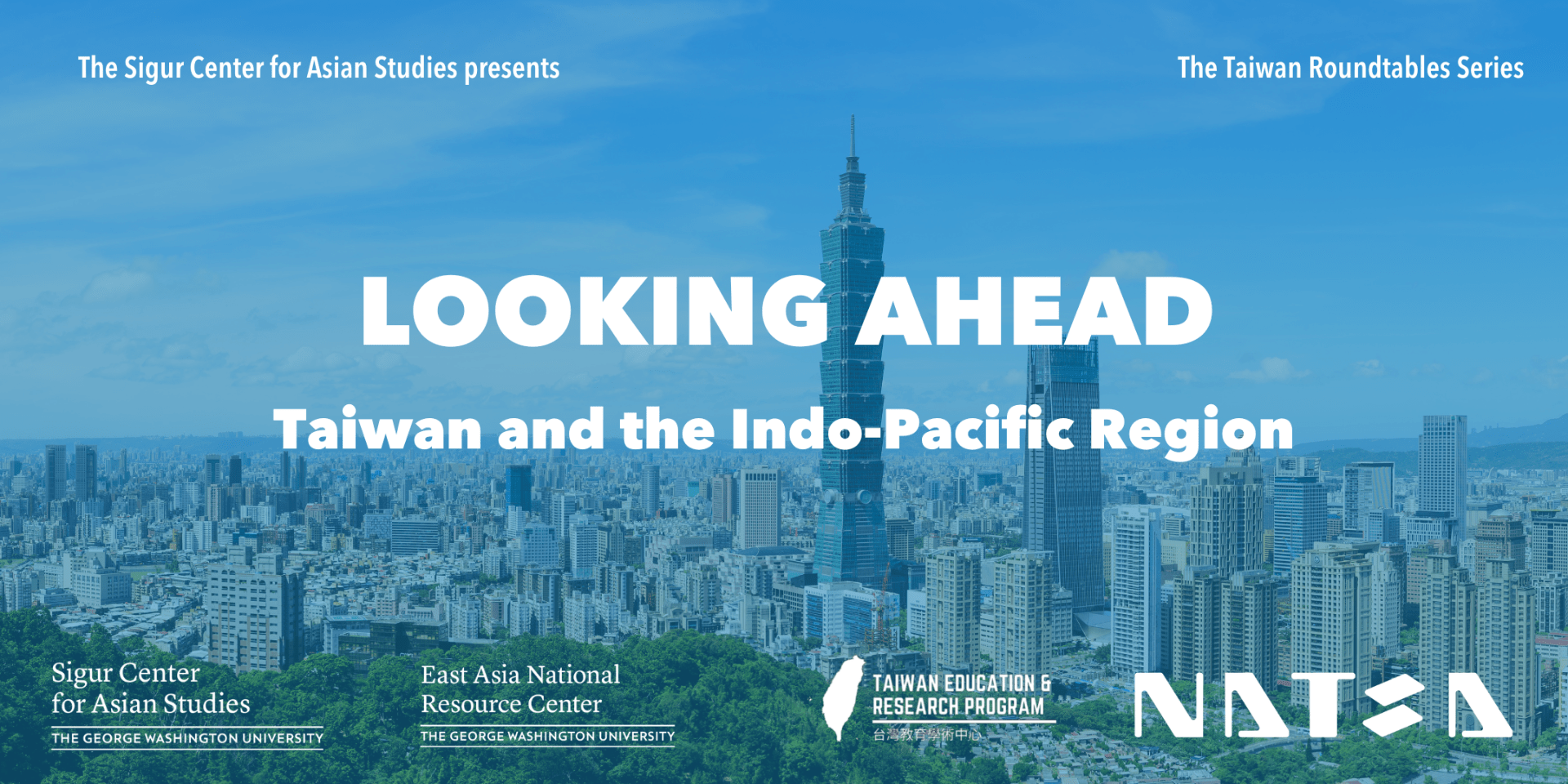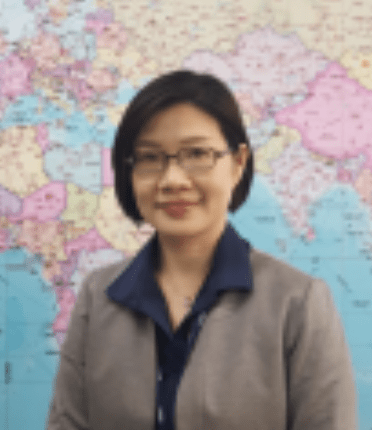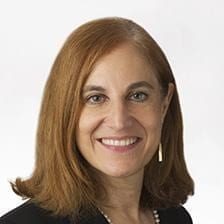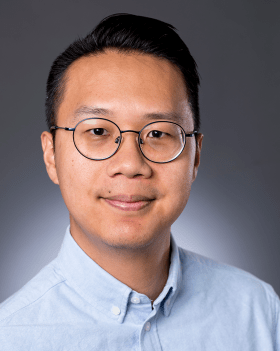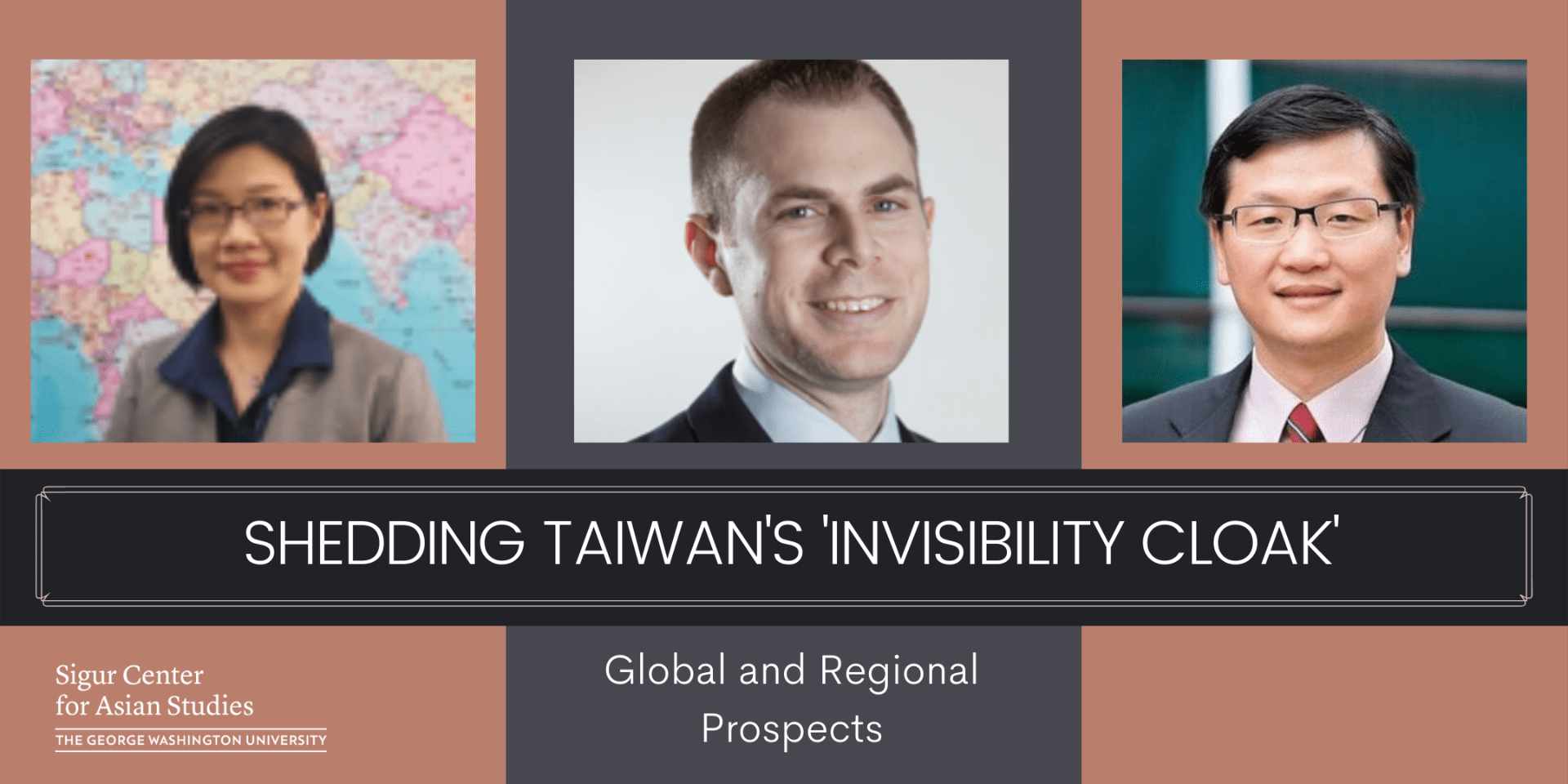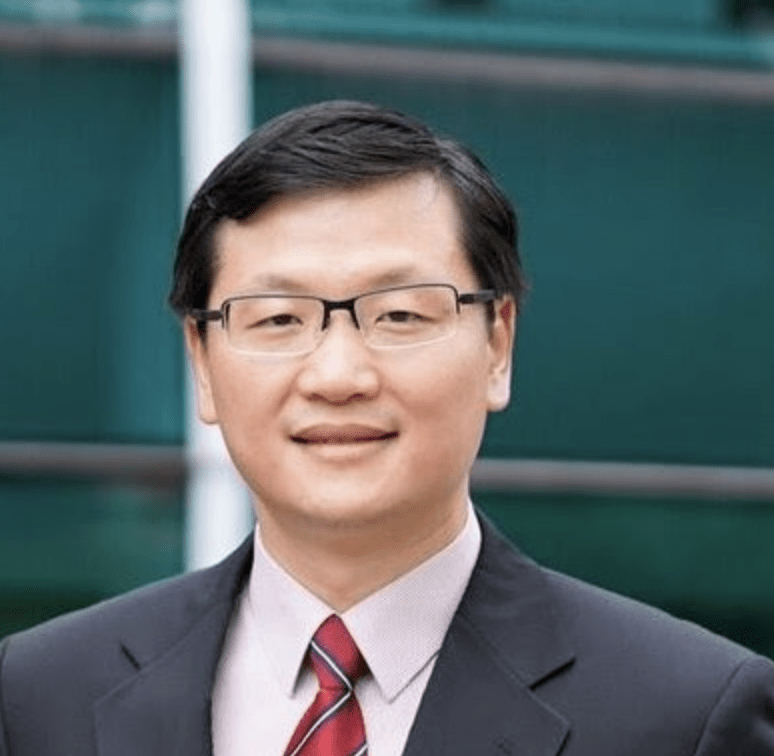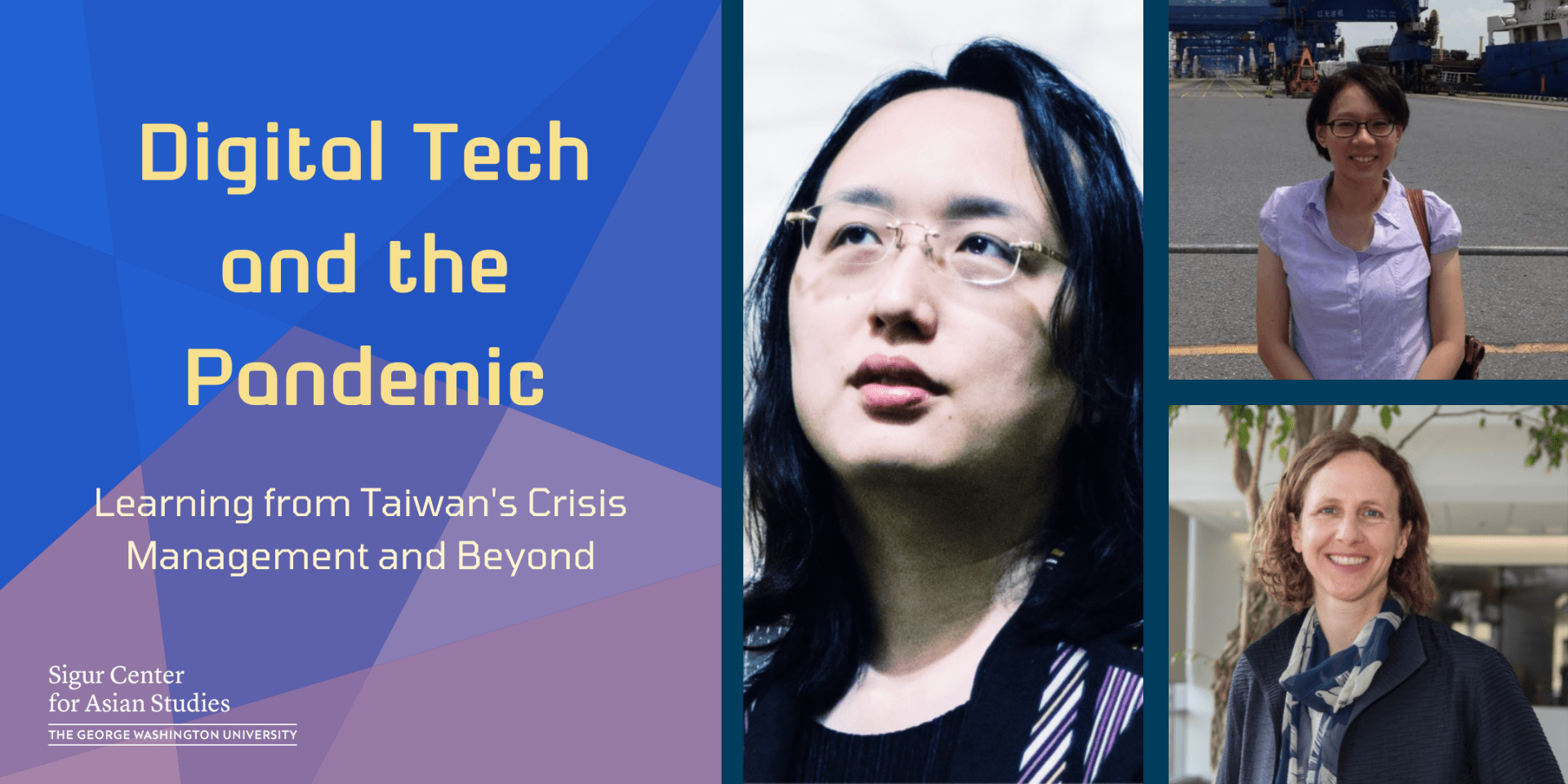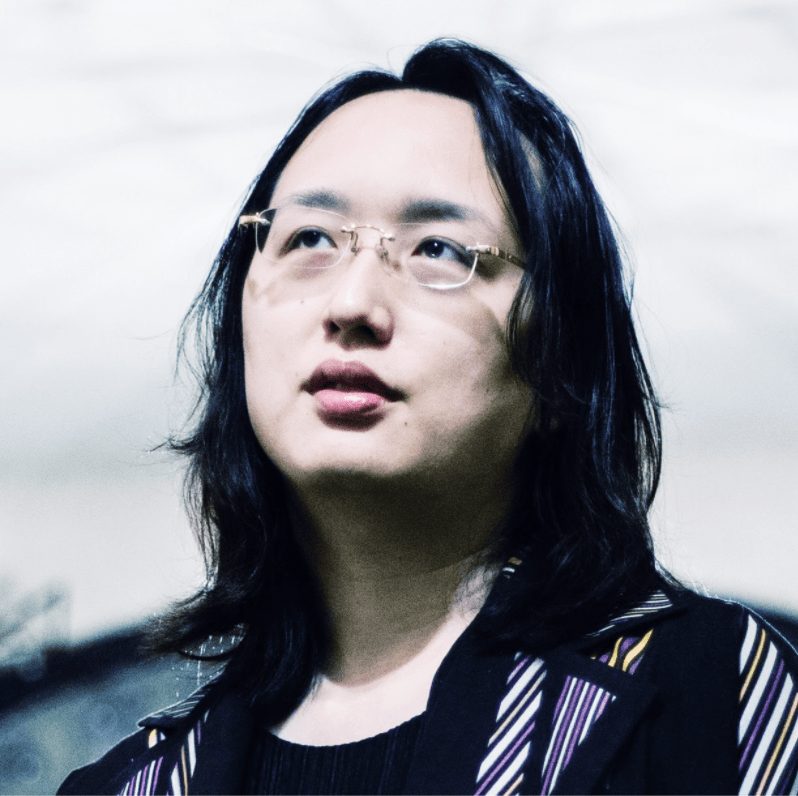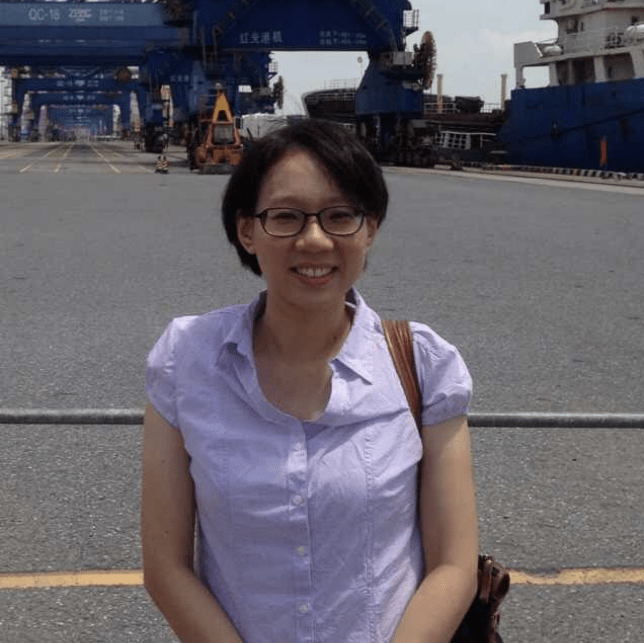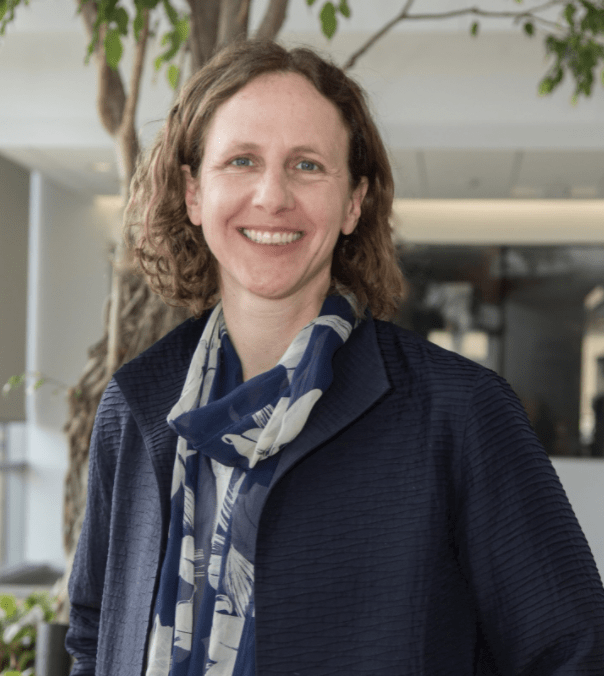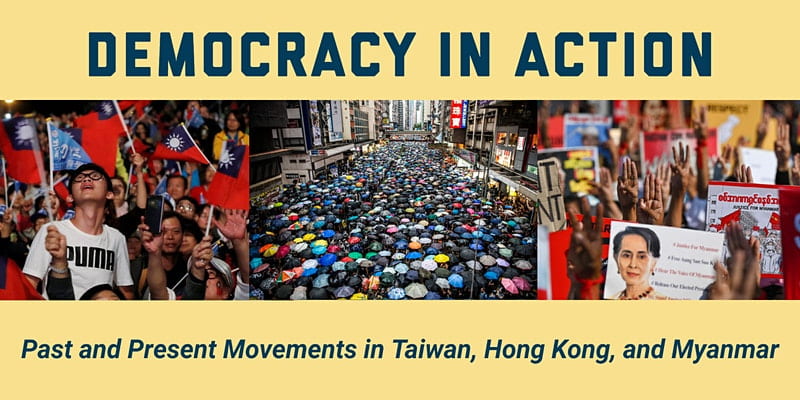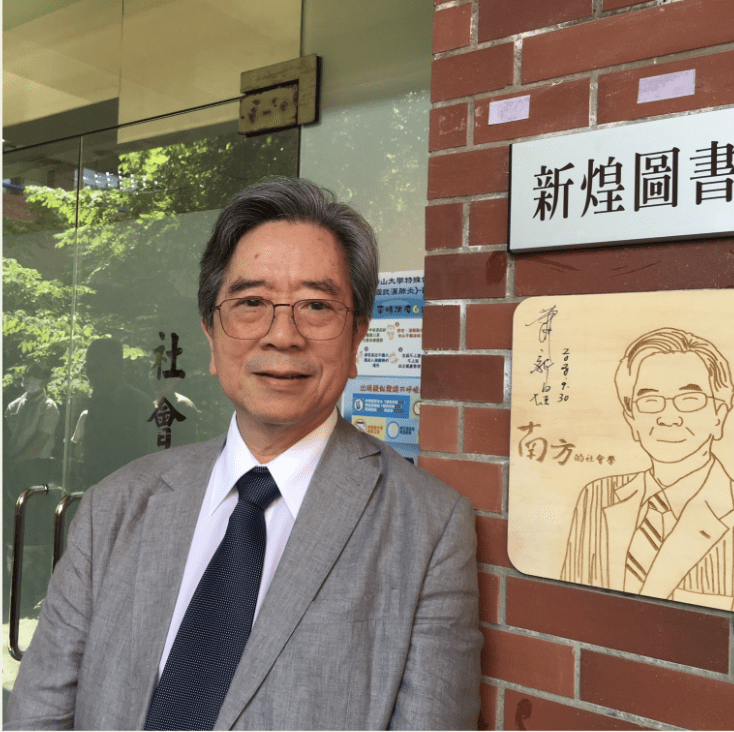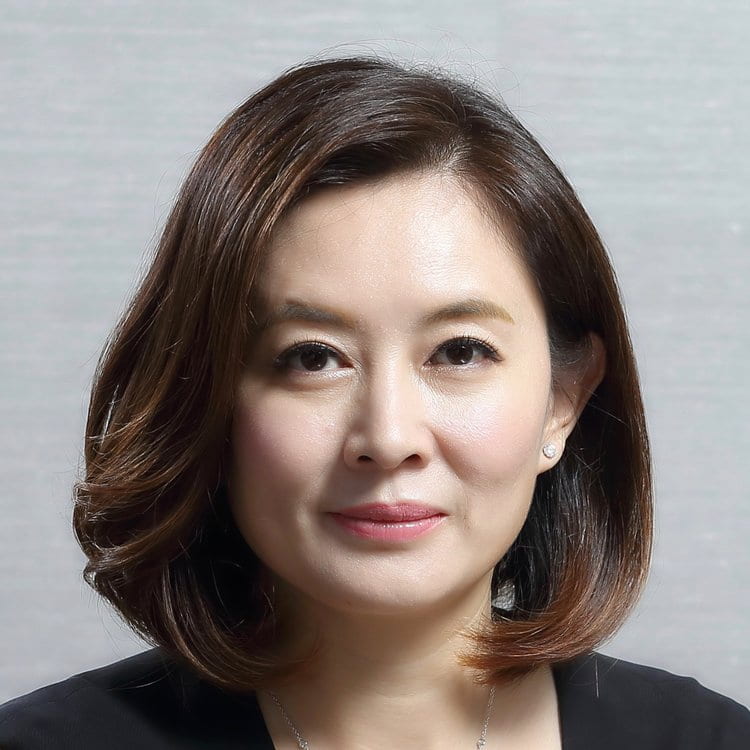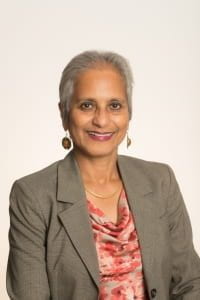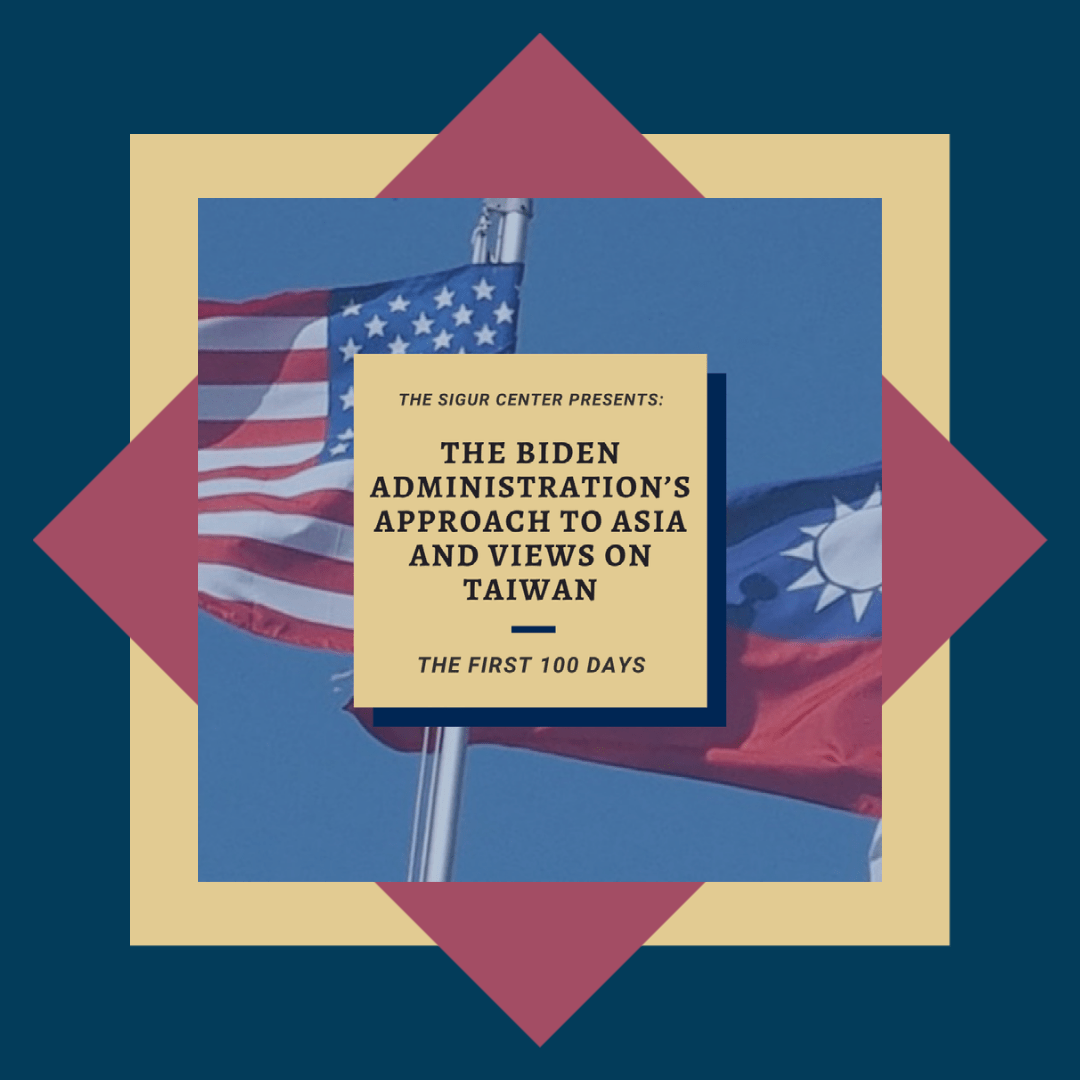Friday, May 12, 2023
12:00 PM – 12:30 PM ET Lunch
12:30 PM – 2:00 PM ET Event
Lindner Family Commons
Elliott School of International Affairs
1957 E Street NW Washington, D.C. 20052
How is the intensification of Chinese pressure in the Taiwan Strait affecting cross strait politics and U.S. strategy? What options are open to the U.S. and Taiwan to safeguard their interests and what are the implications?
Join the Sigur Center for Asian Studies for a luncheon discussion with top political and strategic experts.
Topics
Military Scenarios in the Taiwan Strait and U.S. Deterrence Strategy, Joel Wuthnow, Senior Research Fellow, National Defense University
How are Identity and Ideology in Taiwan Shaping Cross-Strait Perceptions?, Rosalie Chen, Assistant Professor of Psychology, The Dominican University of California
Cross-Strait Politics and Evolving U.S.-Taiwan Relations, John Dotson, Deputy Director, The Global Taiwan Institute
Speakers
Dr. Joel Wuthnow is a senior research fellow in the Center for the Study of Chinese Military Affairs within the Institute for National Strategic Studies at NDU. His research areas include Chinese foreign and security policy, Chinese military affairs, U.S.-China relations, and strategic developments in East Asia. In addition to his duties in INSS, he also serves as an adjunct professor in the Edmund A. Walsh School of Foreign Service at Georgetown University.
His recent books and monographs, all from NDU Press, include Gray Dragons: Assessing China’s Senior Military Leadership (2022), Crossing the Strait: China’s Military Prepares for War with Taiwan (2022, lead editor), The PLA Beyond Borders: Chinese Military Operations in Regional and Global Context (2021, lead editor), System Overload: Can China’s Military Be Distracted in a War over Taiwan? (2020), and Chairman Xi Remakes the PLA: Assessing Chinese Military Reforms (2019, co-editor). His research and commentary has also appeared in outlets such as Asia Policy, Asian Security, China Leadership Monitor, The China Quarterly, Foreign Affairs, Foreign Policy, Joint Force Quarterly, Journal of Contemporary China, Journal of Strategic Studies, Korean Journal of Defense Analysis, Naval War College Review, and in edited volumes.
Prior to joining NDU, Dr. Wuthnow was a China analyst at CNA, a postdoctoral fellow in the China and the World Program at Princeton University, and a pre-doctoral fellow at The Brookings Institution. His degrees are from Princeton University (A.B., summa cum laude, in Public and International Affairs), Oxford University (M.Phil. in Modern Chinese Studies), and Columbia University (Ph.D. in Political Science). He is proficient in Mandarin.
Rosalie Chen is currently an Assistant Professor of Psychology at Dominican University of California. Her research interests are interdisciplinary in nature and lie at the intersection of social psychology, political science, and culture. Rosalie studies ideology in the East Asian cultural context, the national identity issue in cross-strait relations, and the role of culture-specific emotions at the group level in motivating international conflict. She is particularly interested in exploring international relations from the angles of political psychology and culture. Previously, she taught at Colgate University before joining DUC. Rosalie received her B.S. from Truman State University, M.A. from George Washington University, and Ph.D. from National Taiwan University.
John Dotson is the deputy director at the Global Taiwan Institute. John has performed extensive writing and research on a range of political and national security issues related to U.S. policy in East Asia, to include Chinese propaganda and influence efforts, military-civil fusion efforts within the People’s Liberation Army, and patterns in military coercion efforts directed against Taiwan. He is a proficient Mandarin linguist, who has performed extensive original research in indigenous Chinese language sources.
John holds an M.A. in National Security Studies from the U.S. Naval War College, and a Master of International Public Policy from Johns Hopkins-SAIS.
Moderator
Deepa Ollapally is a political scientist specializing in Indian foreign policy, India-China relations, and Asian regional and maritime security. She is Research Professor of International Affairs and the Associate Director of the Sigur Center. She also directs the Rising Powers Initiative, a major research program that tracks and analyzes foreign policy debates in aspiring powers of Asia and Eurasia.
Dr. Ollapally is currently working on a funded book, Big Power Competition for Influence in the Indian Ocean Region, which assesses the shifting patterns of geopolitical influence by major powers in the region since 2005 and the drivers of these changes. She is the author of five books including Worldviews of Aspiring Powers (Oxford, 2012) and The Politics of Extremism in South Asia (Cambridge, 2008). Her most recent books are two edited volumes, Energy Security in Asia and Eurasia (Routledge, 2017), and Nuclear Debates in Asia: The Role of Geopolitics and Domestic Processes (Rowman & Littlefield, 2016).
Dr. Ollapally has received grants from the Carnegie Corporation, MacArthur Foundation, Smith Richardson Foundation, Ford Foundation, the Rockefeller Foundation, and the Asia Foundation for projects related to India and Asia. Previously, she was Associate Professor at Swarthmore College and has been a Visiting Professor at Kings College, London and at Columbia University.

